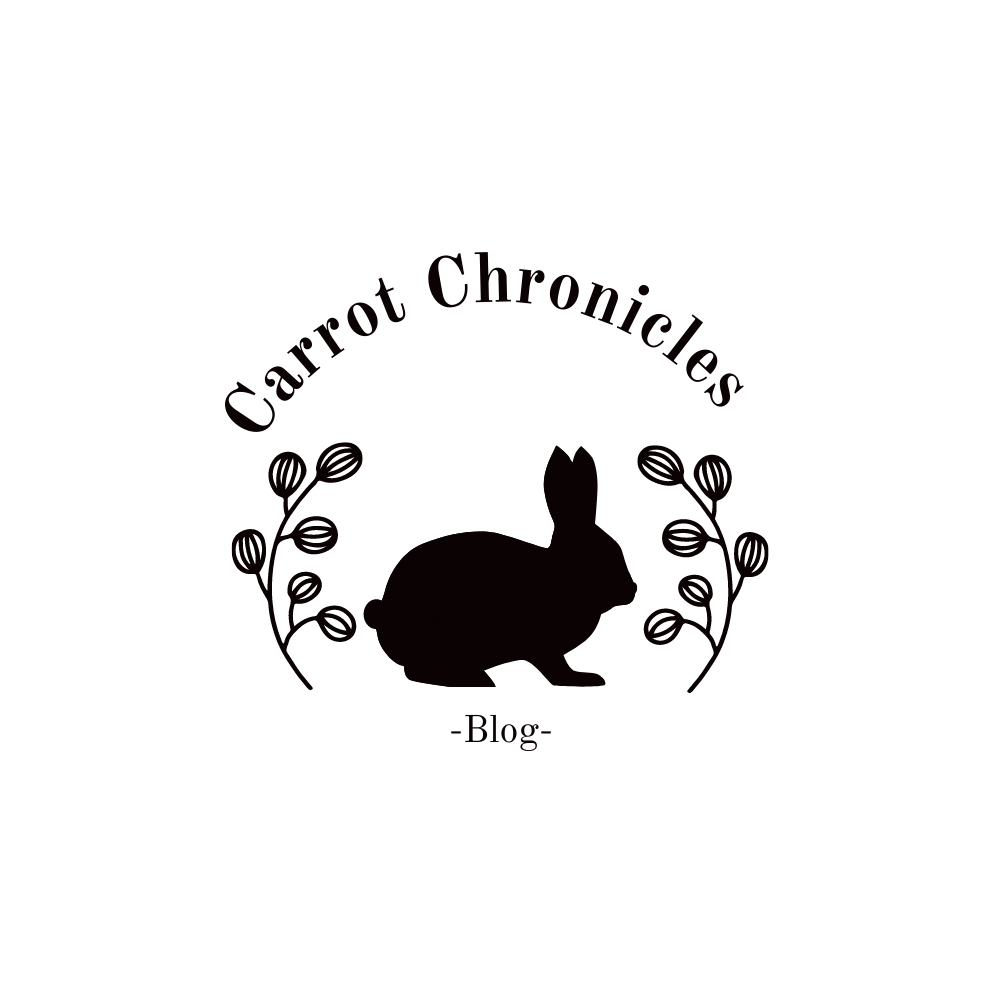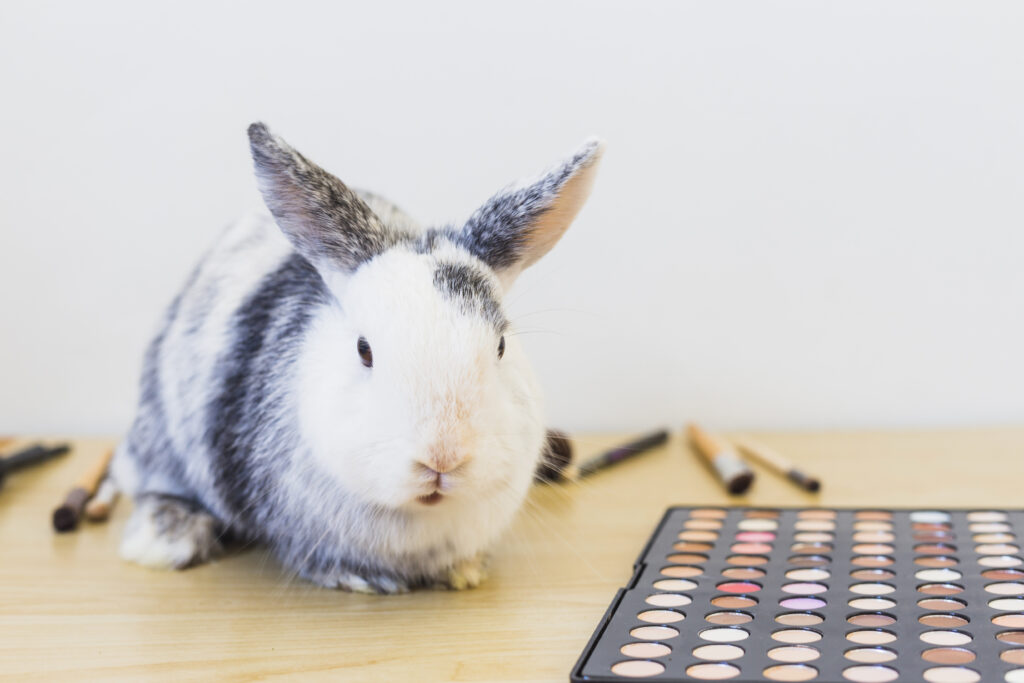Rabbits, with their adorable twitching noses and floppy ears, make delightful companions. As responsible rabbit owners, it’s crucial to understand their dietary needs to ensure a happy and healthy life. One common question is, “Can bunnies eat saltine crackers?” Let’s dive into the intricacies of rabbit nutrition to unravel the truth behind this query.
Nutritional Needs of Rabbits
Like any other living creature, rabbits have specific nutritional requirements to thrive. A well-balanced rabbit diet includes hay, fresh vegetables, and high-quality pellets. These components provide essential nutrients such as fiber, vitamins, and minerals vital for their overall well-being.
Hazards of Saltine Crackers for Bunnies
Saltine crackers are a tasty human snack and unsuitable for rabbits. These crackers typically contain high sodium levels, which can harm a rabbit’s delicate digestive system. Excessive sodium intake may lead to health issues, including dehydration and kidney problems.
Healthy Alternatives for Rabbits
Instead of tempting your bunny with saltine crackers, consider offering rabbit-friendly snacks. Fresh vegetables like carrots, celery, and leafy greens are excellent alternatives, providing nutrition and hydration. Diversifying their diet is essential to ensure they receive a spectrum of nutrients.
How to Introduce New Foods to Rabbits
Take a gradual approach when introducing new foods to your rabbit’s diet. Abrupt changes can upset their stomachs, leading to digestive problems. Monitor your rabbit for any signs of discomfort or adverse reactions. Slowly incorporating new items allows their digestive system to adapt without causing distress.
Consulting a Veterinarian
While relying on internet advice is tempting, consulting a veterinarian is crucial for your rabbit’s well-being. A professional can provide tailored guidance based on your rabbit’s specific needs, ensuring a diet that promotes optimal health. Regular check-ups and open communication with your vet are essential elements of responsible rabbit ownership.
Common Misconceptions about Rabbit Diets
Dispelling myths about rabbit nutrition is vital for informed care. Some misconceptions may lead to improper feeding practices. can bunnies eat saltine crackers, rabbit owners can make informed decisions about their pets’ diets, steering clear of potential health hazards.
Understanding Rabbit’s Sensitivity to Certain Foods
Rabbits have unique digestive systems that require careful attention. Sensitivity to certain foods is common, and owners must be aware of the impact different foods can have on their rabbit’s health. Tailoring their diet to meet these needs ensures a happy and content bunny.
Signs of an Unhappy Rabbit
A rabbit’s diet plays a significant role in their overall happiness. Behavioral changes, such as reduced activity or changes in eating habits, may indicate distress. Recognizing these signs early allows owners to address potential issues promptly, promoting a thriving and content rabbit.
Educating Rabbit Owners
Being a responsible rabbit owner involves continuous learning. Stay informed about the latest research and resources related to rabbit nutrition. Education empowers owners to make informed choices, providing the best care for their furry friends.
Ensuring a Balanced Rabbit Diet
Hay, vegetables, and pellets form the foundation of a balanced rabbit diet. Providing a variety of foods ensures they receive a broad spectrum of nutrients. Offering a mix of textures and flavors keeps their diet interesting while meeting their nutritional needs.
Personal Experiences with Rabbit Diets
Learning from the experiences of other rabbit owners can be invaluable. Share anecdotes and insights within the rabbit owner community. This exchange of information fosters a supportive network, enriching the lives of rabbits and their caring owners.
Conclusion
In conclusion, while saltine crackers might be a delightful snack for humans, they are unsuitable for rabbits. can bunnies eat saltine crackers, avoiding harmful foods, and ensuring a balanced diet are essential for responsible rabbit ownership. By prioritizing their health and well-being, you can create a loving and thriving environment for your bunny companion.
Frequently Asked Questions (FAQs)
-
Can rabbits eat any crackers?
- While some crackers may be safe in moderation, avoiding processed and salty snacks is best. Stick to rabbit-friendly alternatives like fresh vegetables.
-
How often should I introduce new foods to my rabbit’s diet?
- Slowly introduce new foods and monitor your rabbit’s reaction. Aim for variety but maintain consistency in their primary diet.
-
What signs indicate that my rabbit is unhappy with its diet?
- Changes in behavior, reduced activity, and alterations in eating habits may signal dissatisfaction. Regular veterinary check-ups can help identify and address issues.
-
Are all vegetables safe for rabbits?
- While many vegetables are safe, some can be harmful. Consult a veterinarian to create a safe and varied vegetable list for your rabbit.
-
Is it necessary to provide pellets to rabbits?
- Pellets are a convenient way to ensure rabbits receive essential nutrients. However, they should be part of a varied diet that includes hay and fresh vegetables.
For more visit Carrot Chronicles


